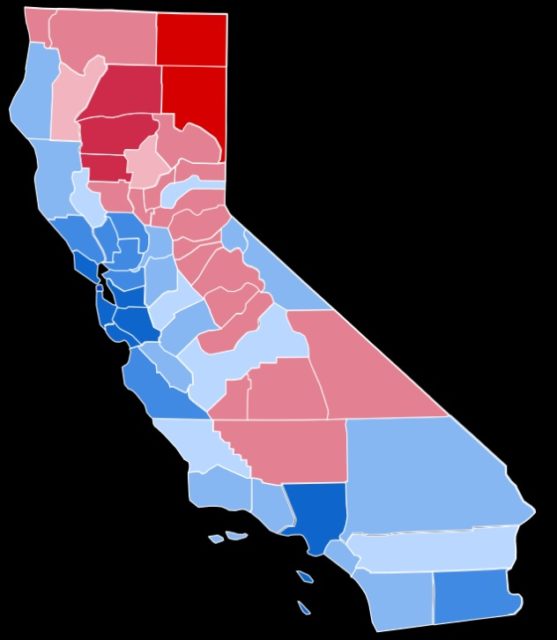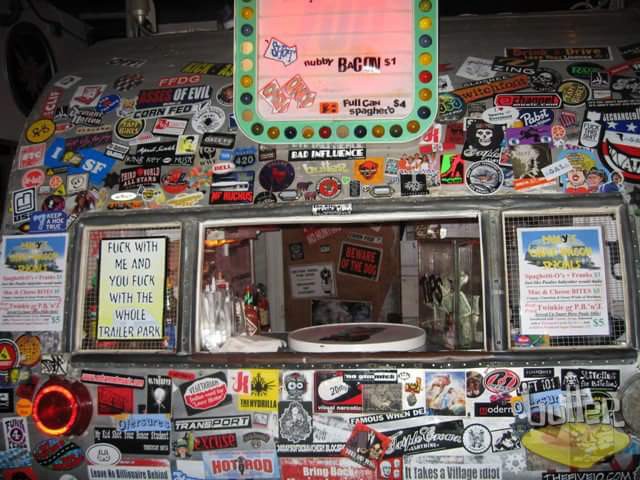In the Orange County Register, Dick Carpenter outlines how many jobs in California are now closed off to anyone who doesn’t have a license:
Whether it’s brick-and-mortar restaurants fighting to outlaw food trucks, or taxicab associations suing Uber and Lyft, examples abound for this type of anticompetitive lobbying. One of the more blatant instances comes courtesy of the California Landscape Contractors Association. In 2014, the association supported a bill that made it even easier for regulators to crack down on contractors operating without a license. Their stated reasons were revealing: “Unlicensed persons unfairly compete,” because they can “significantly undercut licensed contractors when pricing projects to consumers.” The cost of compliance is quite substantial, as it “typically adds 15 to 20 percent to the cost,” the association estimated. Not only does licensure jack up consumer prices, it also keeps out aspiring entrepreneurs who ask for nothing more than the opportunity to work hard and prove themselves by the sweat of their brow.
Licensing goes well beyond contractors and is now one of the biggest labor problems facing California. In the 1950s, about 5 percent of Americans needed a government-issued license to work. Back then, government-mandated licensing was limited to a handful of trades, such as medicine and the law. But over the years, bottleneckers — often through self-serving professional associations — successfully persuaded governments to adopt new licenses that are difficult or practically impossible to obtain. This restricts opportunities for would-be entrepreneurs trying to break into the marketplace and provide new or better services.
Today, more than one-fifth of California’s workforce is licensed. When it comes to low- and middle-income occupations, which are often a gateway for upward mobility, California is the second-most extensively and onerously licensed state, according to a study by the Institute for Justice. In fact, there are so many licensing bottlenecks that when the bipartisan Little Hoover Commission began examining the issue, it reported that “No one could give the commission a list of all the licensed occupations in California.”
These restrictions are great for the bottleneckers, but they are bad for consumers. A report by the Brookings Institution summarized many of the academic findings on occupational licensing. Licensure can boost wages for licensed workers by as much as 15 percent, while increasing the cost for consumers by anywhere from four to 33 percent. As a result, one study even estimates that pervasive licensing leads to “up to 2.85 million fewer jobs nationwide, with an annual cost to consumers of $203 billion.”
Bottleneckers typically claim the costs of licensing are necessary to protect the public, but the reality is quite different. In California, barbers, cosmetologists, tree trimmers and many construction contractors all must complete far more training for their licenses than is required for emergency medical technicians — who hold people’s lives in their hands. Manicurists need 400 hours of coursework and training for their licenses, which can costs thousands of dollars; EMTs require less than half the amount of training at only a 160 hours.
The introduction of licensing to a previously unregulated field typically benefits the existing workers in that field and severely disadvantages anyone hoping to enter that field — existing workers and businesses restrict competition by keeping out new entrants, and create an artificial shortage which allows them to boost their prices. The consumer generally does not benefit in any measurable way from the introduction of licensing, and ends up paying more for the services offered.






